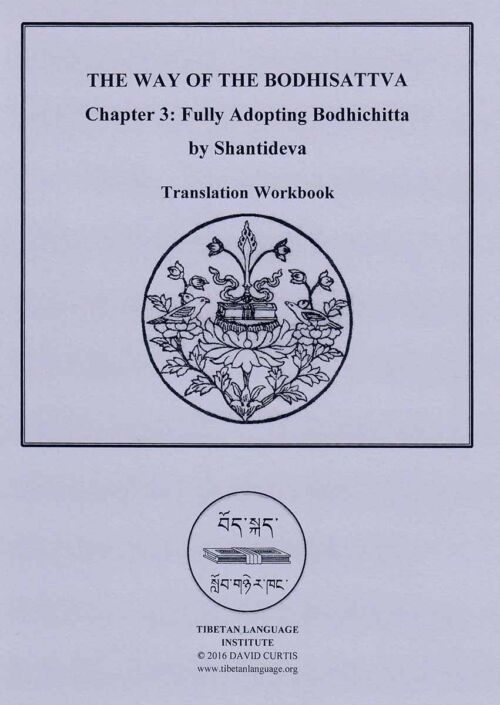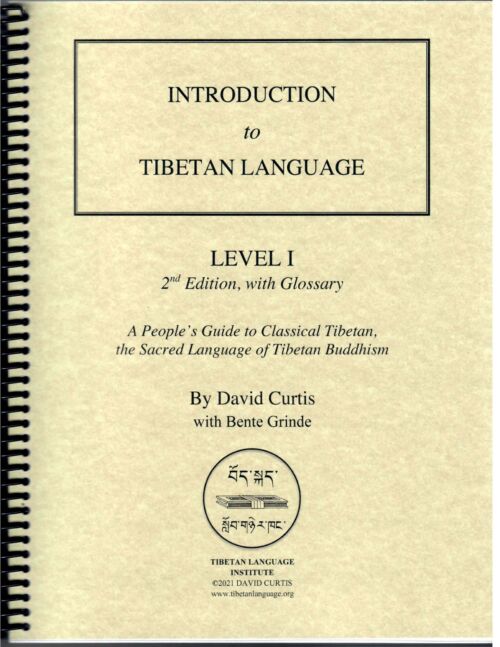Continues Craig Preston’s ground-breaking series of self-study materials designed for students learning to read Classical Tibetan on their own. This book serves a dual purpose: the student learns both grammar and philosophy at the same time.
How to Read Classical Tibetan, Vol. 2: Buddhist Tenets
$45.00
Out of stock
Out of stock
Description
With easy-to-understand diagrams, Preston shows how to find your way through Tibetan sentences. It is like having a personal tutor at your fingertips, allowing you to proceed at your own pace through a wealth of material. As you work your way through an actual Tibetan text, Preston offers guidance at every turn. He explains the meaning of new words as they arise. He also offers a complete glossary of all the words at the end of the book. As you encounter new grammatical constructions, he walks you through how to understand their meaning. He shows how to break down Tibetan sentences into small pieces, and then how to put those pieces back together to form clearly understandable English sentences.
The book also helps students of the Tibetan language gain entry into the genre of tenets, which is the comparative study of the original schools of Buddhist thought in India. He introduces the rich vocabulary of Buddhist philosophy without assuming any prior knowledge, offering simple, easy-to-understand explanations of complicated ideas.
Preston thus provides a complete language course. He teaches you how to read an actual Tibetan text and what it means. How to Read Classical Tibetan will take self-study students to the next level at their own speed.
“Teachers and students of Classical Tibetan were empowered when Craig Preston introduced Volume One of his “How to Read” series. This year, Preston again favors intermediate Tibetan students, this time with How to Read Classical Tibetan, Volume Two: Buddhist Tenets. Volume Two is, surprisingly, even better than Volume One, with complete grammar, lists of vocabulary, elegant translation, and cogent discussions of difficult points of doctrine.”—Bill Magee, Assistant Professor of Tibetan Studies, Dharma Drum Buddhist College, Taiwan, and co-author of Fluent Tibetan
Additional information
| Brand | Tibetan Language Institute |
|---|




